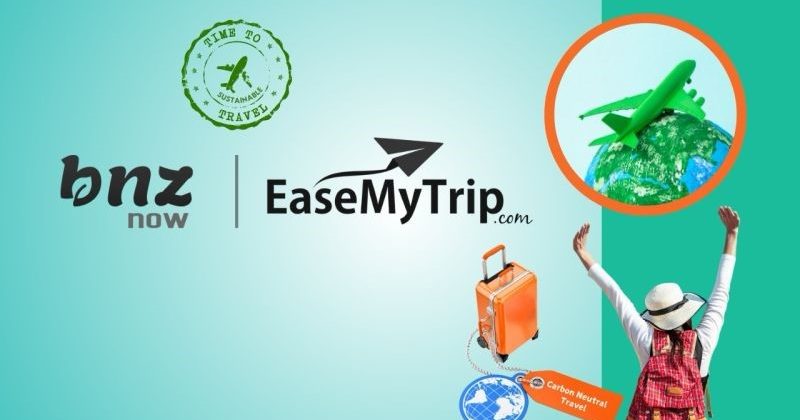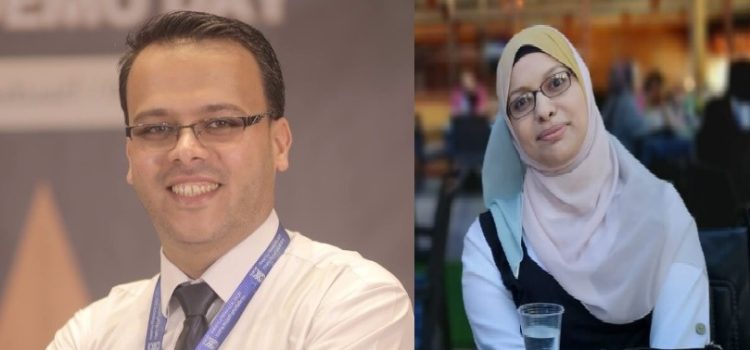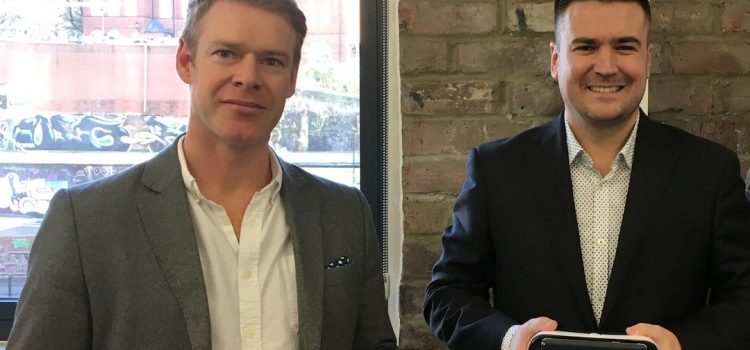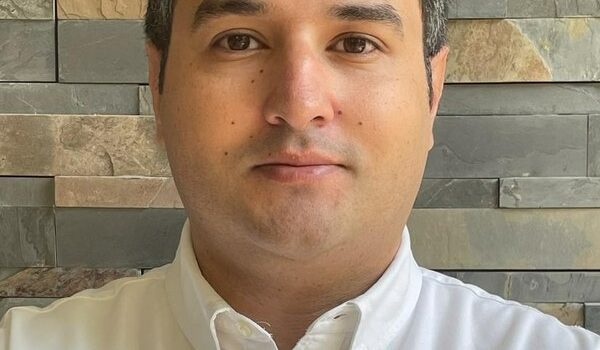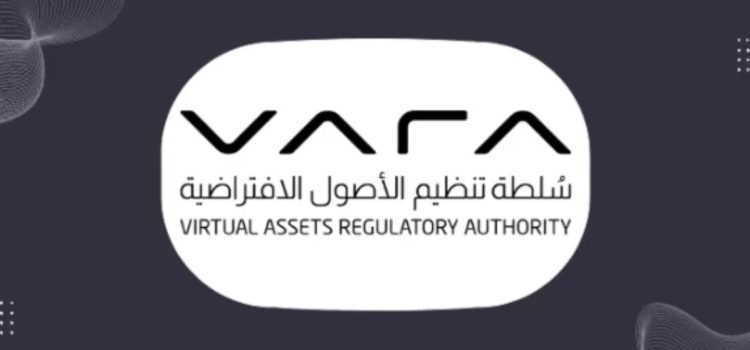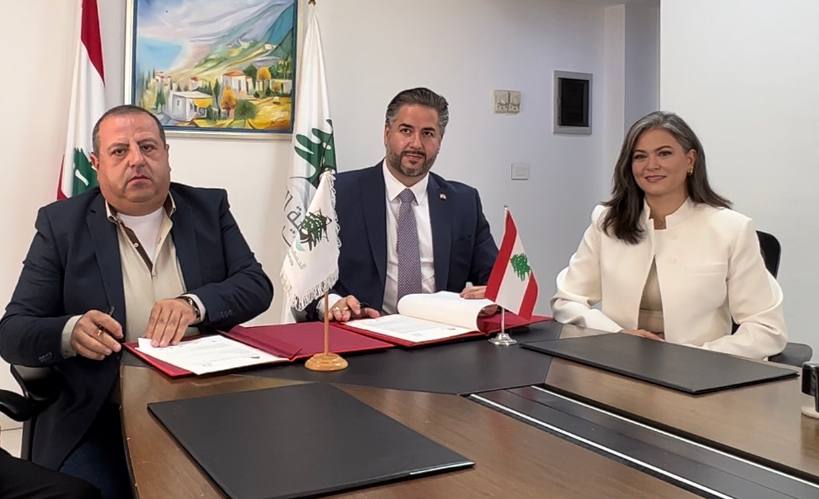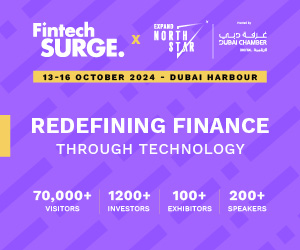
Tariq Thabet, a Palestinian with an MBA from Michigan University, and a Blockchain expert, was killed in Gaza along with 16 members of his family. Thabet spent his career helping the youth and startups of Gaza scale and grow. He led projects and programs funded by different donors such as welfare association, USAID, World Bank, UNRWA, IDB, Kuwait Fund, Arab Fund, AMF, Danida, and Oxfam. He also worked with Gaza Sky Geeks Code Academy
For more than 12 years he implemented multi-sectorial projects in international humanitarian and development organizations, and business incubators. Prior to his death, he was working in Gaza with RampRate an Impact-Focused Organizations that offers blockchain solutions and decentralized Governance contracts.
As a software project manager at RampRate, he facilitated consulting engagements for projects in AI Blockchain and DAOs. RampRate, served enterprises looking to reduce cost, risk, time, and the carbon footprint of their IT supply chains.
Tareq is also remembered fondly by Tey El Rjula, Founder and CEO of Fluus, “I am very saddened by the loss of Tariq and 16 members of his family in a bomb shelling in Gaza by Israeli army. Tariq was a key initiator of tech startups in Palestine and worked on various blockchain projects.”
He adds, “It’s a loss for the tech community in Gaza!”
The Fluus cash out location in Gaza at Al Baaraasi Currency Exchange was bombed, yet Fluus Pay continues to offer International NGOs and reporters service in Khan Younes and Rafah.
A week prior another colleague of Tariq was killed in Gaza along with her family in an airstrike. Mai Ubeid an entrepreneur a leader at Gaza Sky Geeks Code Academy and a tech talent lost her life like so many thousand others in Gaza.
As per Fadi Ghandour, Managing Partner at Wamda Capital in a LinkedIn post,”Mai was one of the greatest success stories from the Gaza Sky Geeks Code Academy. Despite the fact that our interactions were numbered, she’s one of the Gazan’s that has left the greatest impression on me:”
At a young age Mai was diagnosed with muscular dystrophy and has been wheelchair bound ever since. In spite of this Mai and her family refused to accept this as a limitation to her potential, so together they fought for her to realize her dreams.
Mai was destined to have a career in STEM. After graduating from the GSG Code Academy she went on to complete an internship with Google for Startups before landing a job with the UNICC / UNRWA. She was their youngest ever hire for the tech team!
How many more senseless deaths have to occur, how many more great educated wonderful human beings need to die, before the world calls out in one voice, STOP!


